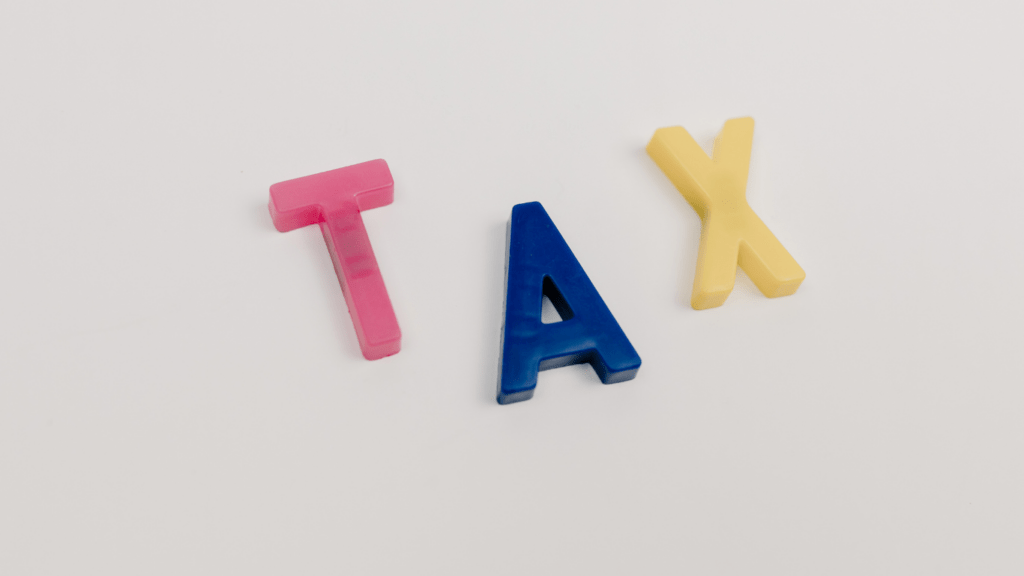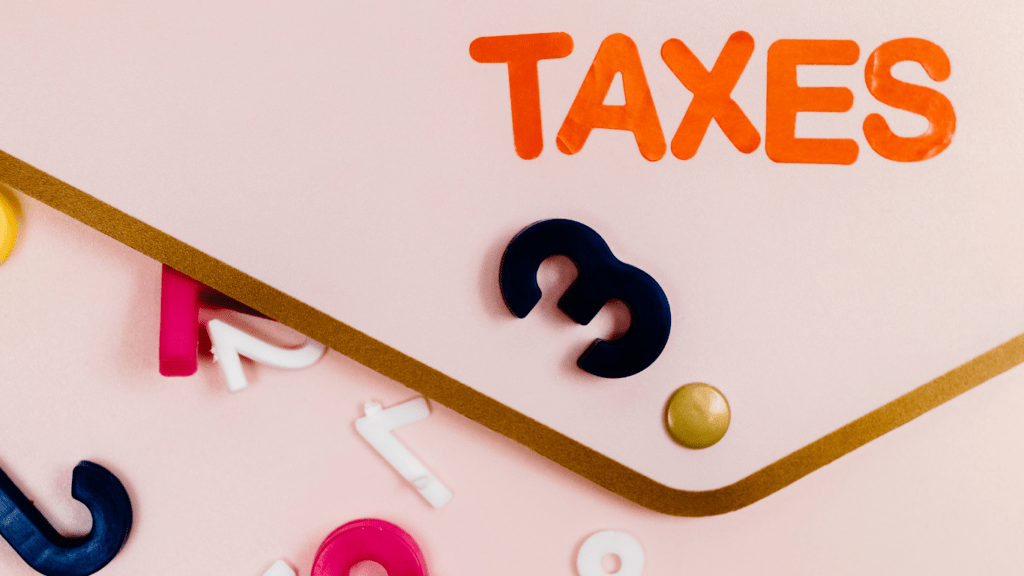Understanding Crypto and NFT Taxes
Deciphering crypto and NFT taxes helps to prevent costly errors and ensure legal compliance. Let’s delve into what these taxes entail and why they’re crucial.
What Are Crypto and NFT Taxes?
Crypto and NFT taxes involve the reporting and payment obligations related to cryptocurrency and non-fungible token transactions. When you buy, sell, or trade crypto or NFTs, these activities generate taxable events that the IRS monitors.
Transactions like exchanging one crypto for another, using crypto to buy goods or services, and selling NFTs all come under scrutiny. The gains or losses from these activities must be reported on tax returns.
Why Crypto and NFT Taxation Matters
Crypto and NFT taxation ensures you’re abiding by federal and state laws. The IRS requires accurate reporting to maintain tax compliance, as failing to do so can lead to penalties and fines.
Taxing crypto transactions helps regulate the market and prevents illegal activities, such as money laundering. Properly managing taxes on crypto and NFTs also clarifies financial records, aiding in better investment decisions.
Common Crypto Tax Mistakes
Avoiding common crypto tax mistakes helps ensure compliance with IRS regulations and prevents costly penalties. I break down these mistakes into three main categories.
Ignoring Tax Obligations
Many people think crypto transactions aren’t taxable, leading to ignored tax obligations. The IRS treats crypto as property, so every transaction, whether it’s buying, selling, or trading, has tax implications.
Even small transactions need reporting if there’s a gain or loss. Ignoring these obligations results in hefty fines and legal trouble.
Misreporting Crypto Gains
Misreporting crypto gains happens often due to inaccurate records or misunderstanding tax rules. Correctly reporting gains requires maintaining detailed transaction logs, including:
- date
- amount
- type of transaction.
When misreporting occurs, it triggers IRS audits and penalties. Accurate record-keeping and understanding tax forms are crucial to avoid this mistake.
Mixing Personal and Business Transactions
Crypto users sometimes mix personal and business transactions, complicating tax reporting. Each type needs separate tracking to ensure accurate tax calculation.
When mingling happens, separating expenses and revenues becomes challenging. Maintain distinct wallets for personal and business activity to streamline tax filing and minimize errors.
Common NFT Tax Mistakes

Avoiding common NFT tax mistakes is key to preventing audits and penalties. Here are frequent errors to watch for.
Misclassifying NFT Sales
Classifying NFT sales correctly determines tax liabilities. Misclassifying them as capital gains rather than ordinary income or vice versa leads to incorrect tax calculations.
For example, selling an NFT that you’ve held for over a year usually counts as a long-term capital gain, which often has a lower tax rate compared to short-term gains or ordinary income. Check the holding period and income source to classify NFT sales correctly.
Overlooking Airdrops and Rewards
Airdrops and rewards often get overlooked. They’re taxable events and must be reported as income. If you’ve received free NFTs through an airdrop or as a staking reward, report their fair market value at the time of receipt.
Ignoring these can result in unreported income, which raises red flags with the IRS and may lead to penalties.
Failing to Keep Accurate Records
Keeping accurate records is crucial. Detailed logs of NFT transactions, including dates, purchase prices, sale prices, and associated costs, make tax reporting easier and more accurate. Use tools like crypto tax software to track these transactions. Disorganized or incomplete records complicate tax filings and can trigger audits. Accurate records ensure compliance and simplify the tax season.
Tax Strategies for Crypto and NFT Investors
To navigate the complexities of crypto and NFT taxes, adopt strategic methods to stay compliant and avoid penalties.
Keeping Detailed Records
Maintaining detailed records is essential for accurate tax reporting. Keep a log of every transaction, including purchases, sales, transfers, and swaps, to provide a clear audit trail.
Note the date, amount, type of cryptocurrency or NFT, and involved parties for each transaction. Consistent and thorough record-keeping simplifies tax preparation and supports compliance with IRS regulations.
Using Approved Software
Using approved software streamlines record-keeping and tax reporting for crypto and NFT transactions. Tools like CoinTracker, CryptoTrader.Tax, and TokenTax help automate data collection from multiple exchanges and wallets, calculate gains and losses, and generate necessary tax forms. Using such software ensures that all transactions are tracked accurately, reducing the risk of errors.
Consulting a Tax Professional
Consulting a tax professional who specializes in crypto and NFT taxation provides valuable guidance. These experts help navigate complex tax laws, identify applicable deductions, and ensure accurate reporting. Although hiring a tax professional incurs costs, their expertise can prevent costly mistakes and potential audits.
Important Tax Deadlines
Navigating tax deadlines is critical for crypto and NFT investors. Missing deadlines can lead to penalties and interest, complicating your financial situation.
Annual Tax Filing Deadlines
The annual tax filing deadline for individual taxpayers in the US is typically April 15. This date holds unless it falls on a weekend or holiday, which then shifts the deadline to the next business day. For instance, in 2023, the deadline was extended to April 18 due to the Emancipation Day holiday in Washington, D.C.
Missing the April deadline can result in substantial late filing penalties. The IRS charges 5% per month on any unpaid tax, with a maximum penalty of 25%.
Filing an extension grants an additional six months to submit your return, moving the deadline to October 15. However, an extension to file isn’t an extension to pay your taxes.
Quarterly Estimated Tax Payments
- Crypto and NFT investors who don’t have taxes withheld through an employer need to make quarterly estimated payments.
- Payments are due on April 15, June 15, September 15, and January 15 of the following year.
- Paying quarterly helps avoid underpayment penalties, which the IRS levies at a rate of about 0.5% per month on the amount owed.
- To calculate these payments, you estimate your annual taxable income, including gains from crypto and NFT transactions, then divide this amount into four equal payments.
- Tools and professionals can assist with these calculations to ensure accuracy.
- Missing a quarterly deadline means additional interest and penalties, adding unnecessary costs to your tax liabilities.

 Alice Morillo is a prominent figure at The Digi Chain Exchange, known for her passion and expertise in the field of cryptocurrency and digital finance. With a keen interest in the evolving landscape of blockchain technology, Alice has dedicated herself to providing insightful content that helps both new and seasoned investors navigate the complexities of the crypto world. Her contributions to The Digi Chain Exchange reflect her deep understanding of market trends, trading strategies, and the regulatory environment surrounding digital assets.
Alice Morillo is a prominent figure at The Digi Chain Exchange, known for her passion and expertise in the field of cryptocurrency and digital finance. With a keen interest in the evolving landscape of blockchain technology, Alice has dedicated herself to providing insightful content that helps both new and seasoned investors navigate the complexities of the crypto world. Her contributions to The Digi Chain Exchange reflect her deep understanding of market trends, trading strategies, and the regulatory environment surrounding digital assets.

